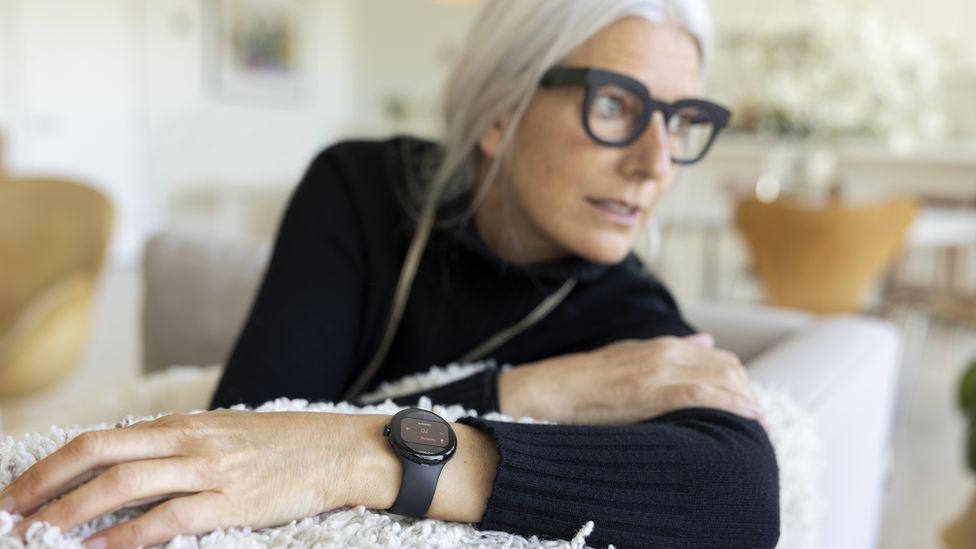Google has unveiled its first smartwatch at its annual developer conference.
The Google Pixel Watch combines its own Wear operating system with Fitbit health tracking.
Fitbit was acquired by Google for $2.1bn (£1.7bn) in 2019.
The watch can be paired with Android devices only and is 4G-compatible, which means it can function on its own without being near a phone – but to do this it requires its own data plan.
Both the phone and watch would also need to be on the same network, Google said.
The tech giant did not reveal a price for the wearable, but it said would be a “premium product” when it launches in the autumn.
It faces stiff competition from the likes of Apple and Samsung, which are already market leaders in smartwatches.
There are already many third party Android watches which run on Google’s Wear operating system but so far Google has not had its own device..
Rick Osterloh, senior vice-president of devices and services at Google, said the combination of “Google’s ecosystem and Fitbit expertise” was what made the product unique.
Despite speculation that the Pixel Watch might also pair with Apple products, Google confirmed this will not be the case.
Google’s initial takeover of Fitbit was probed by the European Commission, which eventually gave its approval.
However, Google had to make a number of promises, including not to “degrade the user experience of third-party smartwatches when paired with an Android phone” for a period of 10 years, in Europe.

It also had to pledge not to use Fitbit data for advertising purposes.
Google told the BBC it was committed to keeping health and wellness data separate from other user data, and had worked with regulators to address privacy concerns.
New Pixels
Google also announced two new Pixel phones – the budget Pixel 6a and premium Pixel 7, going on sale in July, a new Pixel tablet to be released in 2023, and updated earbuds, Pixel Buds Pro, with 11 hours battery life (or 7 hours with noise cancelling function activated).
Google’s Pixel smartphones have in the past received decent reviews, but have not become a major player in the market.
In February, Google chief executive Sundar Pichai said the last three months of 2021 had set an “all-time quarterly sales record for Pixel”, but did not give actual numbers.
Mr Osterloh said the global chip shortage had in “no doubt had a significant effect” on Google’s hardware sales.
“We would have sold more Pixels if it weren’t for supply chain issues,” he said.








































